Harry Garside saga a modern lesson in equality of accountability

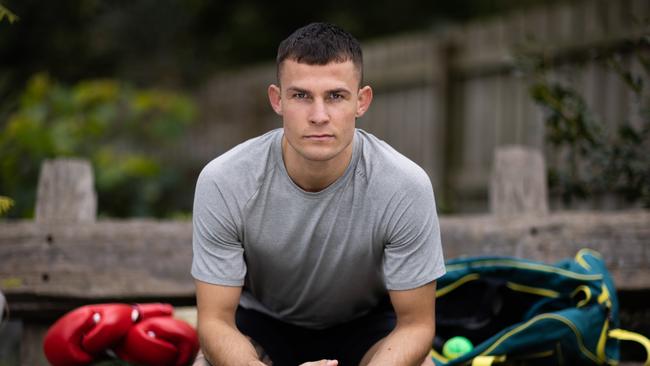
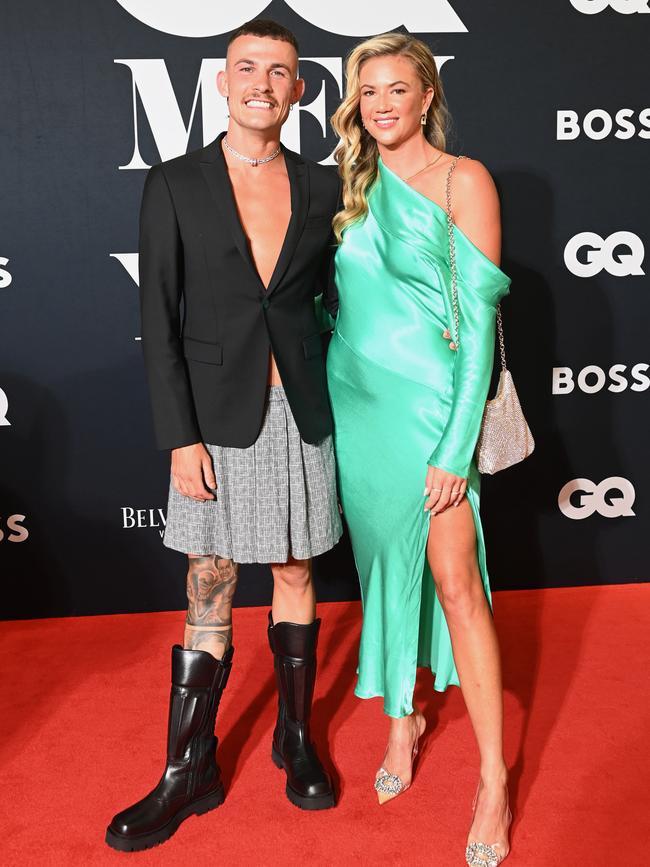
No one wants to imagine that women lie about sexual assault or about assault. But the dire consequences of not uncommon allegations arising from regret sex or regret relationships mean we should. Not every woman is decent; not every woman does the right thing all the time. That’s why the believe-all-women mantra is so deeply flawed. The end game of that defective belief is that due process and courts are not needed, a fair trial and cross-examination even less so.
Equality means legal consequences should attach to a liar, whether they are male or female. When people lie to police, wasting resources and time that could be better spent elsewhere, making false accusations to deliberately hurt another person, imperilling their liberty, there should be criminal consequences. If there are no consequences, we will lose faith in the criminal justice system, and, as with any other unpoliced crime, lies may become more frequent.
Harry Garside was caught in a web of lies. The young boxer with dreams of gold at the next Olympics was arrested in May, in front of cameras, for allegedly assaulting his former girlfriend, Ashley Ruscoe.
Weeks earlier, the older woman went to police after their relationship ended, on the same day the young boxer flew out of Australia to take part in reality TV show I’m a Celebrity … Get Me Out of Here! in South Africa.
Ruscoe accused him of assault. Police had carried out no investigation. Ruscoe’s word was enough.
The damage from her unproven, untested allegation was enormous. Following the arrest, Garside lost sponsorships worth $500,000. Boxing Australia and the Victorian Institute of Sport, where he had a scholarship, suspended him.
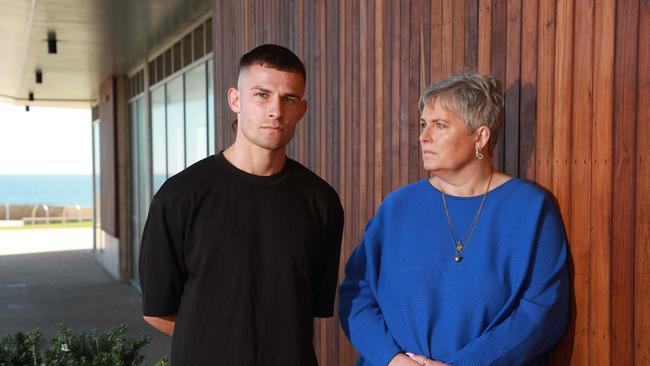
Garside was fortunate enough to have two of the country’s best lawyers working on the matter. Rebekah Giles and Sue Chrysanthou pressed police to look again at the evidence. Garside had told police about videos allegedly showing that Ruscoe had assaulted him, not the other way round.
The young boxer started filming the incident when he sensed things were getting out of hand. Further evidence, in audio clips, reveal Ruscoe threatening to go to police even though she knew he had done nothing wrong. Evidence such as this: Ruscoe: I can call the cops right now, and they will take you. This will go on your record and this will go straight to the Daily Mail and this will ruin your f..king image. I could literally with this call ruin your career, trust me.
Garside: I haven’t done anything wrong.
Ruscoe: It doesn’t matter, Harry.
Police eventually dropped charges against Garside and instead charged Ruscoe with assault and stalking. That matter is still before the courts. She denies the charge and she is entitled to the presumption of innocence.
But many people are asking why hasn’t Ruscoe been charged with making a false statement to police. The presumption of innocence would apply to that too, and the matter would be settled as any other criminal matter should be – with evidence put to a judge, and/or jury.
If Ruscoe knowingly made a false statement to police, that is a criminal offence. It can lead to a substantial fine, time in jail and, of course, the public shame of having been shown to have lied to ruin a former lover.
The aim should always be to improve the justice system to encourage women to come forward with allegations of rape and assault so perpetrators are jailed for their crime. Not jailed on spec. Jailed on the basis of evidence, where prosecutors uphold their duty to ensure a fair trial, disclosing all evidence to the defence, to facilitate the search for truth, and where a judge allows evidence to be properly and fully tested, meaning the credibility of a complainant will be challenged. None of this is easy, but it is necessary for justice to prevail.
I am not talking about the plethora of he said/she said cases where a judge or a jury prefers the evidence of one side over another based on a proper appraisal of evidence. A failed prosecution is not evidence of lying.
I am not talking about cases where a woman makes a complaint of domestic violence and retracts it out of fear of retribution by the perpetrator.
I am talking about cases where there is substantial evidence that a woman has lied about an assault or a rape for myriad reasons, from regret sex to wanting to destroy or damage a man’s life.
As Garside’s lawyer, Rebekah Giles, told me: “There are cases where malicious lies are concocted by a party with the sole intent to damage an accused. I’ve seen evidence destroyed, tampered with, investigating police told bald-faced lies.
“I have seen this occur with devastating effect to the defendant – even if they are exonerated. The accuser – even when faced with clear evidence of dishonesty – walks away from the devastation caused with the protection of anonymity and little remorse, having achieved their intended objective of publicly smearing the reputation of the accused, who is left emotionally and financially depleted. The cost to the accused (and the taxpayers) of some of the cases I have been involved in are eye-watering.
“In cases where investigating or prosecuting authorities have been deliberately misled … police should, as a matter of public policy, prosecute complainants for making a false report. It is critical that these offenders are brought to justice so that that the limited resources of police and prosecutors are focused on genuine complaints.”
The criminal justice system is the correct forum to decide whether Ruscoe is one of those cases.
If her altercation with Garside had not been caught on video, Ruscoe would not be facing court at all. She could walk away from the devastating consequences of trying to “f..k up” – her words – her former boyfriend’s life.
If the law holds liars to account, it will help right the direction of the #MeToo movement, focusing on genuine victims who should never be tarred by the same damning brush as liars. Scarce police resources, and social support, can be directed towards protecting these victims. What exactly is there not to like about equality of accountability?


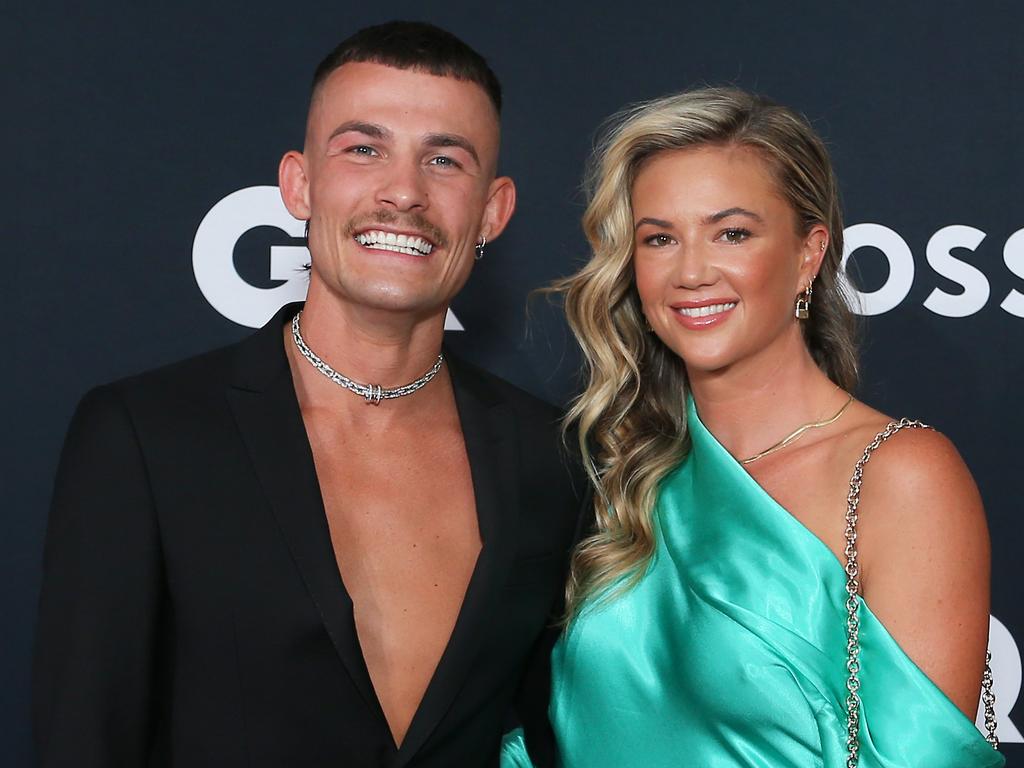
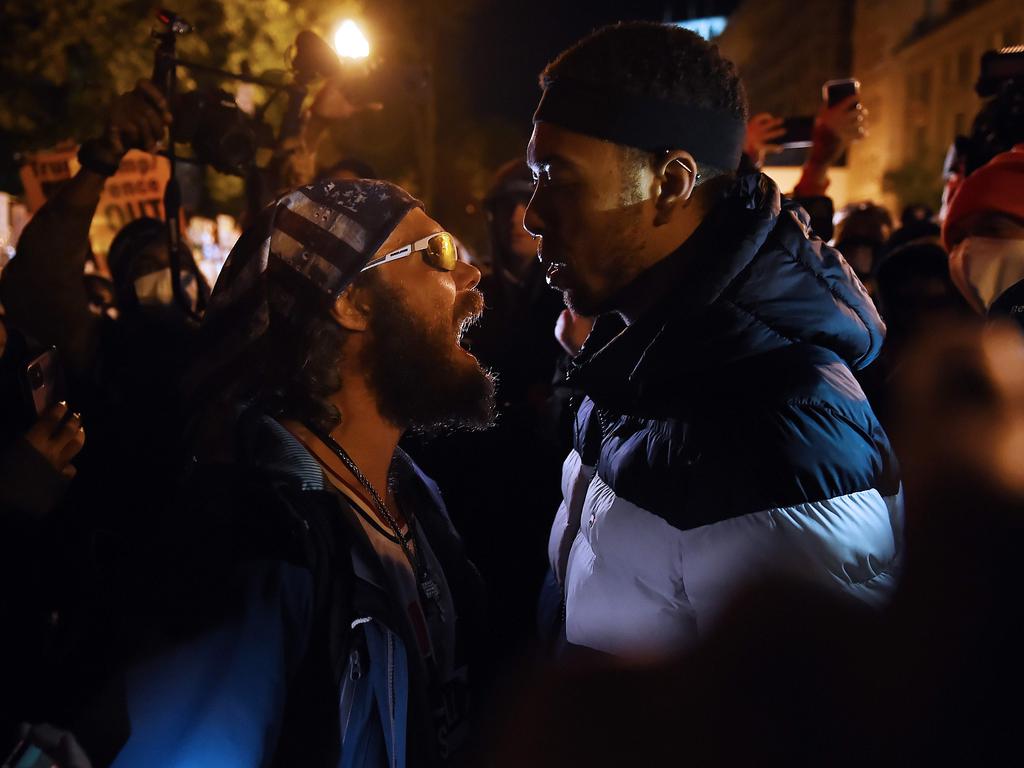


We are getting dangerously close to swapping fundamental values in our criminal justice system for the Queen of Hearts’ edict in Alice in Wonderland. “ No, no!” said the Queen, to the suggestion that a jury be allowed to consider its verdict. “Sentence first – verdict afterwards.”